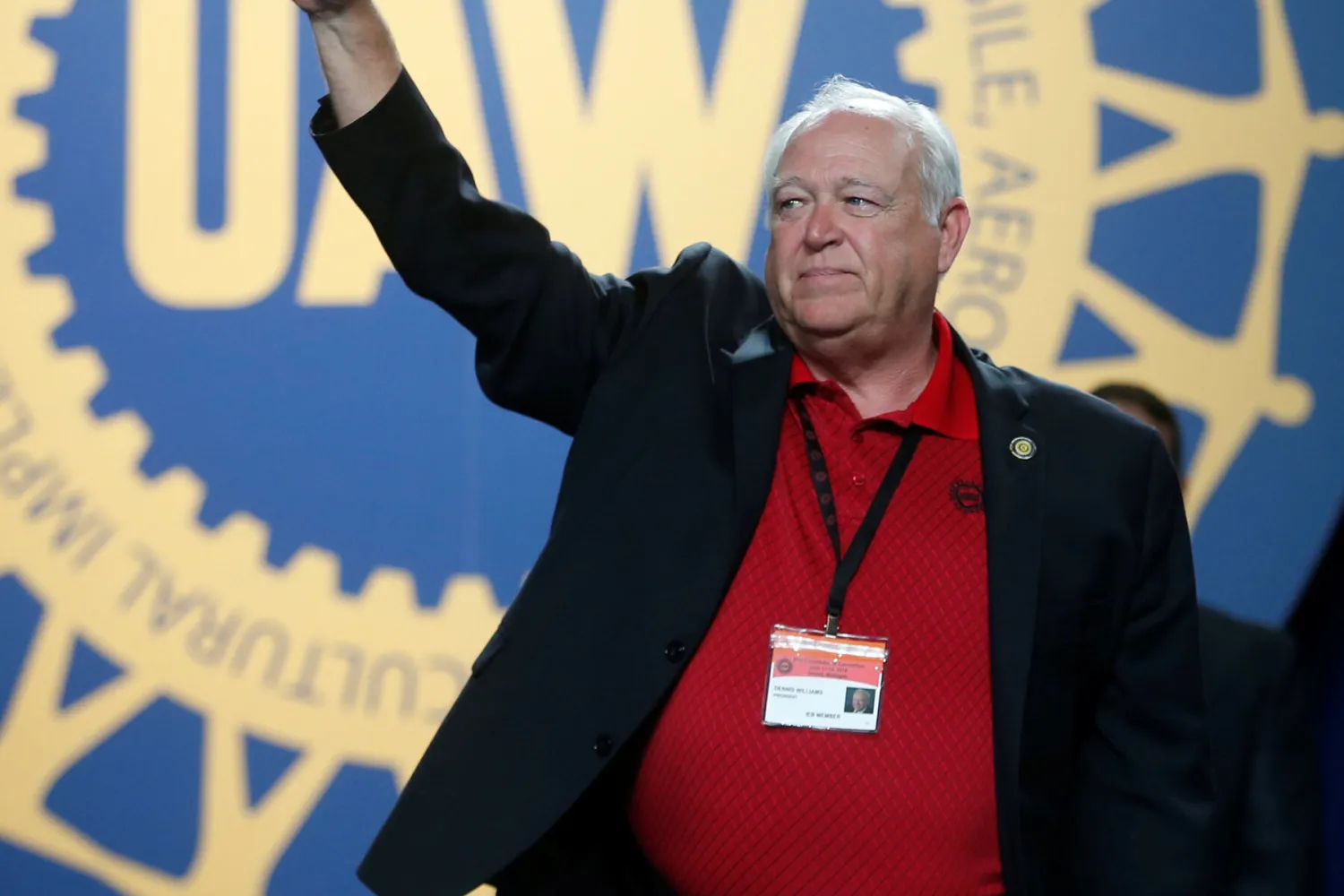Organized Labor vs. Blue-Collar Employees

Production Workers, Their Families Oppose Union-Label Candidates
Should a political victory be labeled a “victory for workers†if the winning candidate is opposed by a majority of blue-collar employees and their family members, of all races and ethnicities combined, in the jurisdiction where the election occurs?
Most Americans would undoubtedly say “No.†But Big Labor bosses and their media allies work overtime to convince us the answer is “Yes.â€
According to the widely-cited 2022 National Election Pool (NEP) exit poll, the 57% of Americans casting ballots in federal contests this fall who don’t have a bachelor’s or post-graduate degree voted 55% to 43% against the Democrat House and Senate candidates overwhelmingly backed by Organized Labor bosses everywhere.
The same phenomenon played out in all of 2022’s key Senate battleground races where a union boss-bankrolled Democrat incumbent or challenger was competing with a Republican for a seat in Congress’ upper chamber.
Working-Class Wisconsinites Voted Heavily Against ‘Working-Class’ Candidate
A case in point is the Senate campaign of rabidly pro-forced unionism Badger State Democrat politician Mandela Barnes.
A lengthy, laudatory profile of Mr. Barnes, Wisconsin’s outgoing lieutenant governor, published in The Nation in October, focuses on the Senate challenger’s avid support from bosses of the corruption-ridden United Auto Workers (UAW) union and his virulent opposition to his state’s Right to Work law.
From the warped perspective of the profile’s author, journalist John Nichols, Mr. Barnes’ eagerness to pledge his fealty to UAW and other union bosses, without any caveats, amounted to a “firm embrace of working-class voters . . . .â€
Unfortunately for Mr. Nichols and Mr. Barnes, the working-class people of Wisconsin did not see things that way at all.
According to exit poll data available on the CBS News website, among the 62% of all Wisconsinites voting in the fall of 2022 who do not have a bachelor’s degree or a post-graduate degree, “working-class†Mandela Barnes garnered just over four in 10 votes.
Nearly 60% voted to reelect incumbent GOP Sen. Ron Johnson, who had established a record as an opponent of Big Labor special interests during two previous terms in office and pledged, in response to the National Right to Work Committee’s Survey 2022, to oppose forced unionism 100% in the future.
Even in States They Won, Big Labor Candidates Didn’t Win Blue-Collar Majorities
Right to Work President Mark Mix commented: “Had only so-called ‘white-collar’ households voted in the Wisconsin Senate race, the pro-forced unionism candidate would have won easily. But as a consequence of the lopsided vote against him by the blue-collar majority, he narrowly lost.
“Even in states they won, 2022’s Big Labor Senate candidates didn’t secure majorities of blue-collar votes if the race was at all competitive.
“For example, in Nevada, the multi-billion-dollar national union political machine pulled out all the stops to eke out a 48.9% to 48.0% re-election win for Democrat incumbent Catherine Cortez Masto.
“She is an unabashed proponent of destroying all 27 Right to Work laws, including Nevada’s, and handing an array of new special privileges to union bosses in all 50 states.
“But among blue-collar Nevadans alone, the exit poll shows Ms. Cortez Masto lost, 50% to 46%, to her GOP challenger, Adam Laxalt.â€
Union Bosses and Rank-and-File Workers Don’t Have the Same Values
Mr. Mix continued:
“Many people may wonder why, to an increasing extent, working-class citizens who vote are even more inclined to support pro-Right to Work candidates than other voters are.
“It isn’t necessarily because they support Right to Work any more strongly. Scientific polls have shown again and again, for decades, that Americans oppose compulsory unionism overwhelmingly, regardless of their educational background, income level, or anything else.
“But it does seem to be the case that members of blue-collar households place a higher value on expanding job opportunities, relative to other public concerns, than members of white-collar households do.
“Consequently, the fact that states with Right to Work protections for employees enjoyed, in the aggregate, more than double the 2011-21 employment growth of states without them, according to U.S. Labor Department data, may weigh more heavily in the voting considerations of blue-collar household members.
“But any difference in values between blue-collar Americans and white-collar Americans is minimal compared to the vast gulf between the union elite and rank-and-file workers.
“Judging by the onerous tax and regulatory policies they routinely favor, as well as their relentless opposition to Right to Work, union bosses have little if any concern about increasing the total number of jobs, as opposed to the amount of forced union dues they collect.â€
Unionized Workers’ Votes Get Cancelled Out by Their Own Forced Dues
The gulf between the public-policy aims of the union hierarchy and those of workers isn’t surprising. But it becomes scandalous when unionized workers are compelled by law, as they currently are in 23 states, to pay union dues or fees as a condition of employment. When union officials pour money workers are forced to fork over into Big Labor’s vast political machine and use it to elect candidates those workers oppose, the workers’ votes are canceled out.
Finally putting a stop to this ongoing scandal is a key aim of the Right to Work Committee and its members.
That is why they are pushing for passage of a national Right to Work law, which would prohibit forced union financial support in all 50 states.
This article was originally published in the National Right to Work Committee’s monthly newsletter. Go here to access previous newsletter posts.
To support our cause and help end forced unionism, go here to donate.

